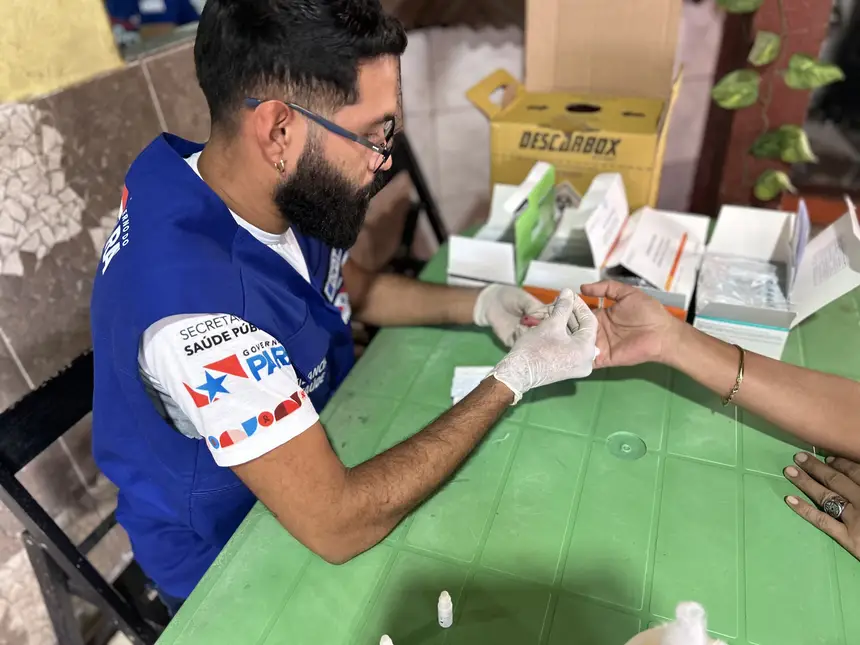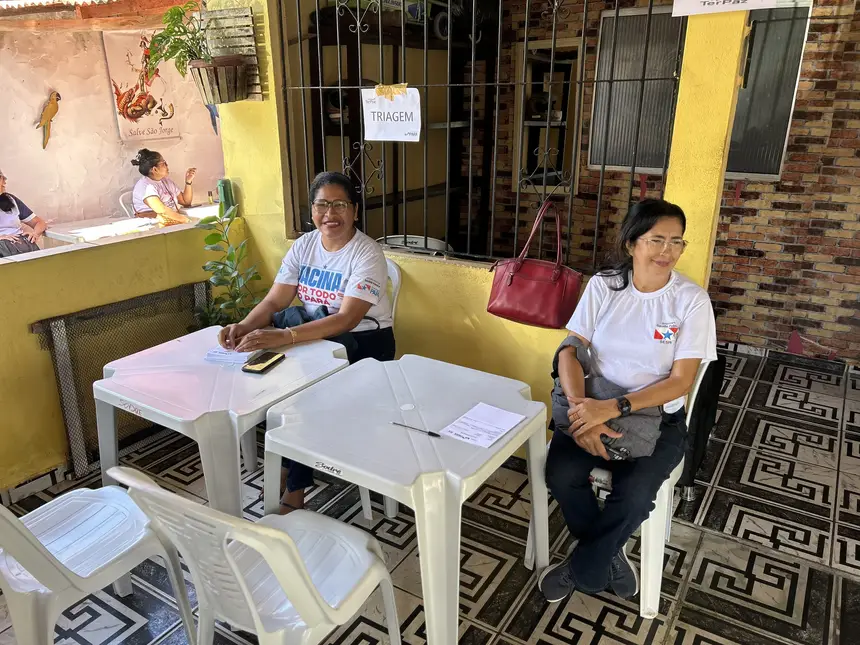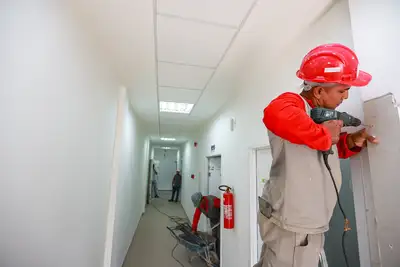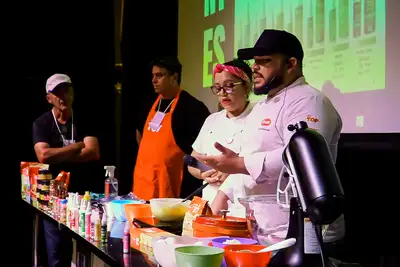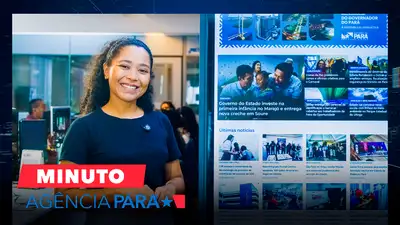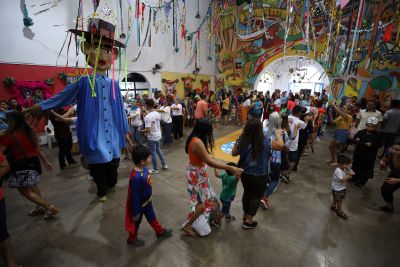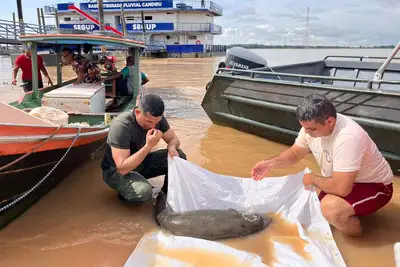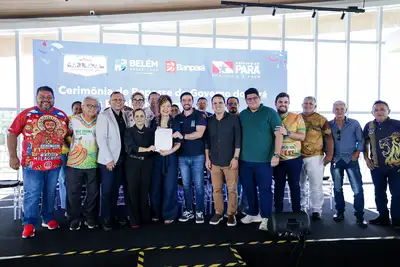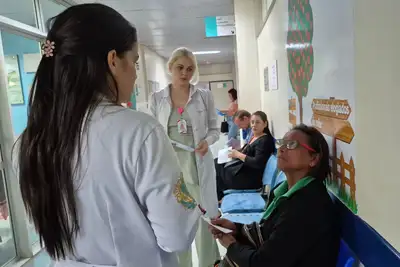Government promotes health action in terreiro with services for the population of Ananindeua
Integrated action by Sespa and Seirdh brings medical care, dental services, and health guidance to the Icuí-Guajará community
The terreiro Seara de Umbanda Mamãe Oxum, located in the Icuí-Guajará neighborhood of Ananindeua, hosted a health action for Traditional Peoples of African Matrices (POTMAS) on the morning of this Saturday (24). The initiative brought medical care, rapid tests, nursing services, dental guidance, and referrals for specialties to the location, as part of a state strategy aimed at including historically marginalized populations.
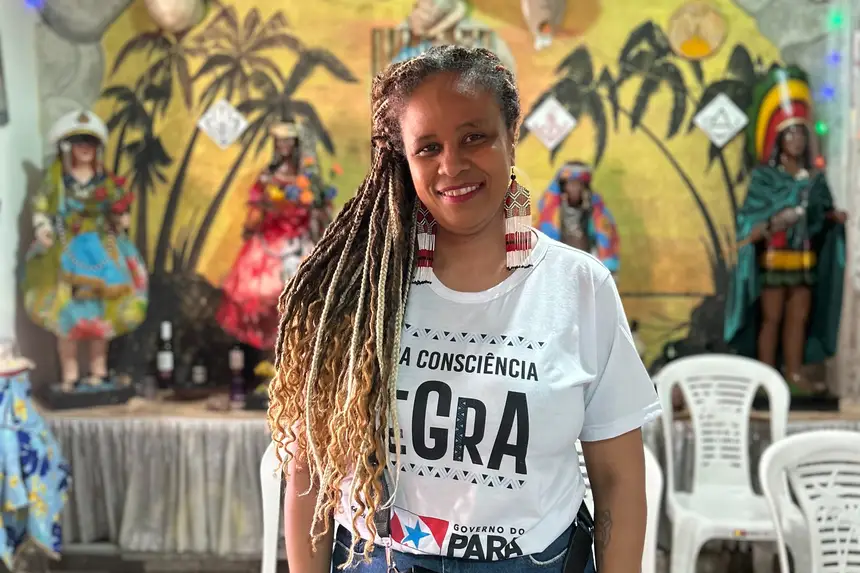
The state coordinator of Indigenous Health and Traditional Populations of the State Department of Public Health (Sespa), Tatiany Peralta, emphasized that the approach between the SUS and the terreiros represents a commitment to equity and respect for ancestral knowledge. "The terreiros are much more than religious spaces — they are places of welcome, healing, and care. It is with this recognition that we seek to strengthen the presence of public health in these communities," she stated.
In addition to the services, the action carries important symbolism: it recognizes traditional territories as legitimate spaces of resistance and dignity. "Bringing health to these spaces is ensuring everyone's right to an accessible SUS, without cultural barriers or religious prejudice," Tatiany added.
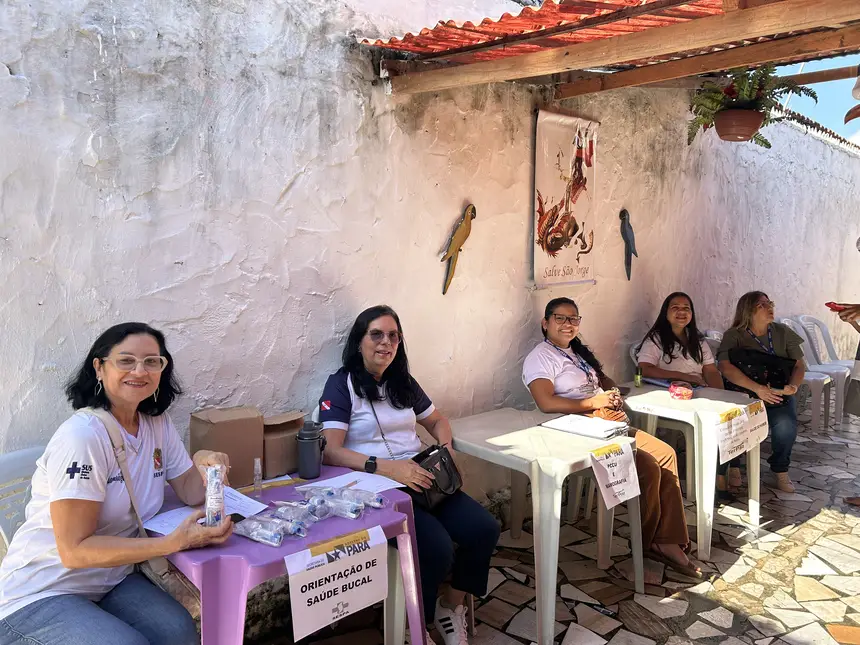
Institutional commitment
The action is part of a Commitment Agreement signed by the State Government to ensure the continuity and expansion of public policies aimed at quilombola and African matrix communities, reinforcing the importance of specific initiatives for these traditional groups.
Conducted in partnership with the State Department of Racial Equality and Human Rights (Seirdh), through the Racial Equality Promotion Management, the activity also sought to enhance dialogue with the terreiros. "Bringing services to the terreiros facilitates access to care and builds bridges between diverse knowledge, strengthening the right to health in a comprehensive and humanized way," highlighted the Seirdh manager, Pai Denilson.
He recalled that the terreiros, often targets of prejudice, play a central role in the lives of thousands of people from Pará and need to be valued as legitimate spaces of welcome.
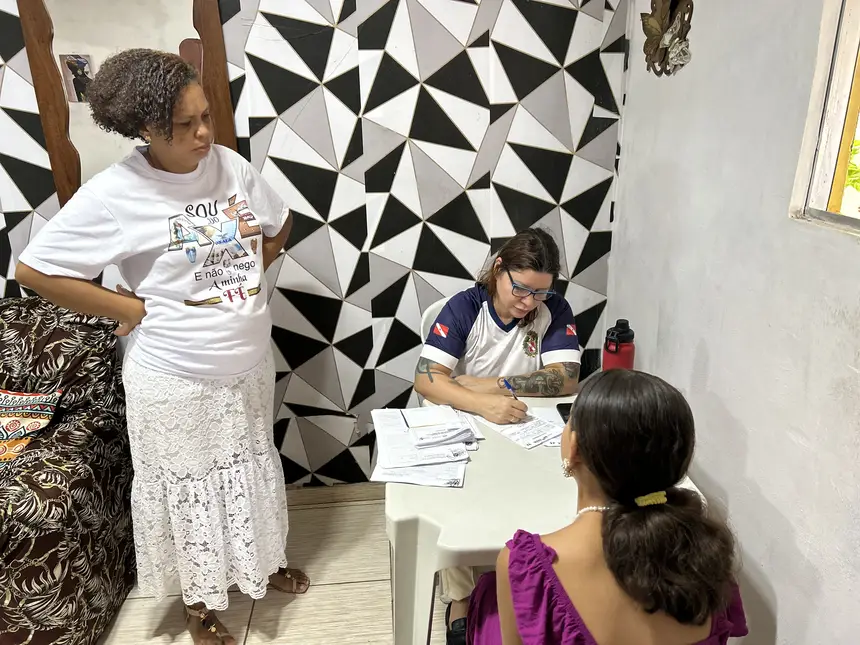
Services offered to the population
During the action, services were offered in the areas of internal medicine, gynecology, pediatrics, nursing, as well as rapid tests for HIV, syphilis, and hepatitis B and C. The community also received oral hygiene kits and participated in guidance on dental health.
The Center for the Promotion of Persons with Disabilities (CEPED) was present with guidance on rights and access to services such as prosthetics, orthotics, wheelchairs, and free passes.
Sespa technician, Patrícia Gomes, a member of the Indigenous Health and Traditional Populations Coordination (Cesipt) team, accompanied the services and emphasized the impact of the initiative. "The project was born with a focus on the terreiro peoples, but it also benefits the entire surrounding community. These spaces are living centers of care and mutual support," she explained.
According to her, the presence of the SUS in the terreiros strengthens health care and also combats religious intolerance. "It is a concrete way to ensure that no one is left out, especially those who have been historically excluded from public policies," she stated.
Dignity perspective
In addition to the Mamãe Oxum terreiro community, residents from various neighborhoods participated in the action. Leda Soares, for example, took the opportunity to start a gynecological referral process. "I want to have surgery and came here to start everything from the beginning. It's an opportunity I couldn't let pass," she said.
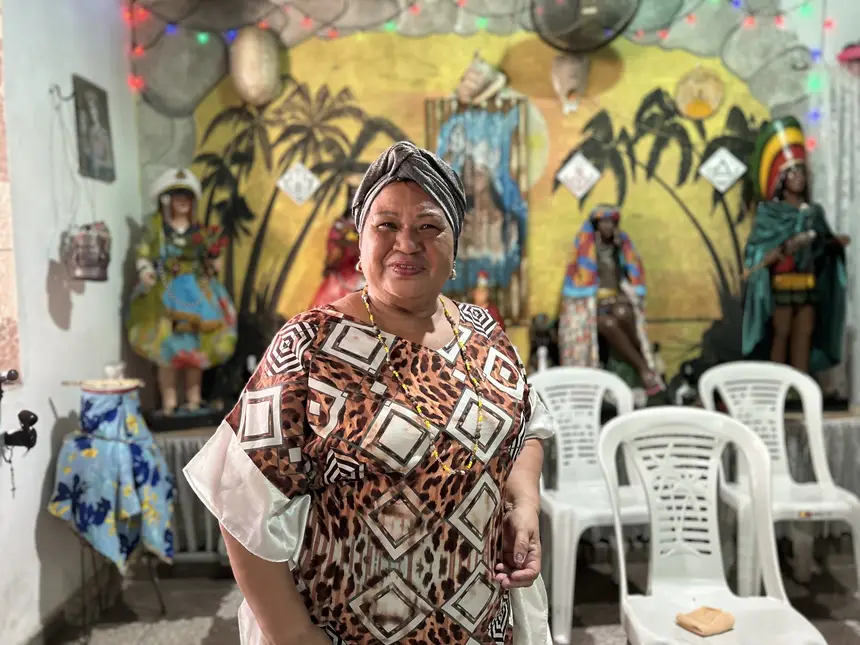
For the person in charge of the house, Inêz Rodrigues, the impact goes beyond the services. "Our health post almost never has a doctor, there is a lack of vaccines. So, this is more than important. Health cannot wait," she said, recalling that she herself is waiting for an appointment with an orthopedist and cardiologist.
Inêz also highlighted the fight against religious prejudice. "We are a resilient people, but still very marked by prejudice. This partnership is a victory. Our terreiro is always open, regardless of religion. We are here to care for others."
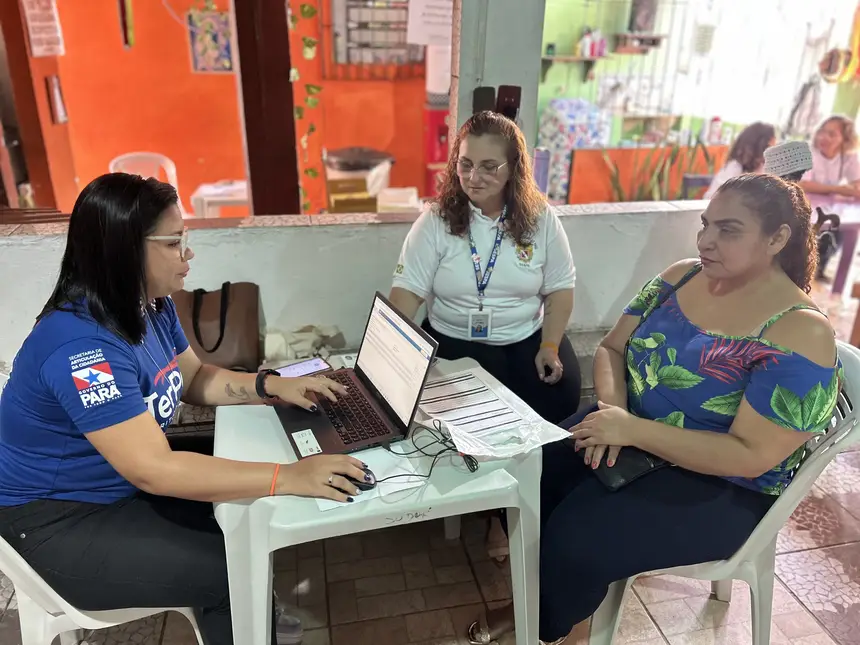
Comprehensive care and respect for traditions
The presence of public agencies in terreiros strengthens democracy and contributes to building a SUS that is more sensitive to the diverse realities of the population. By recognizing the terreiros as legitimate spaces of life and knowledge, the State acts to overcome historical inequalities and to build a health policy that welcomes, respects, and includes.
Text in collaboration: Bianca Botelho - Ascom SESPA and Juliana Maia Ascom SEIRDH


